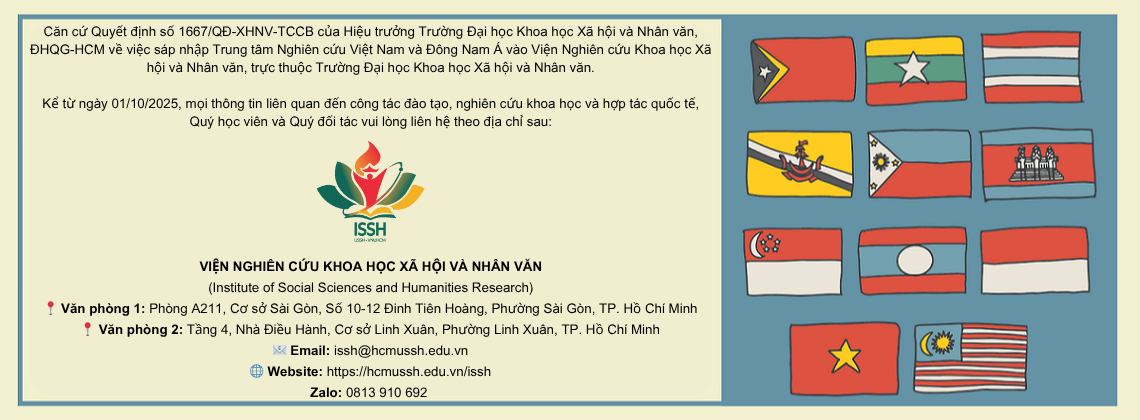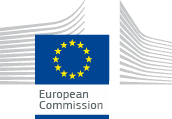CONFERENCE ON ECO-AGRICULTURE AT UNIVERSITY OF TOKYO AND FIELDWORK IN JAPAN
, 13/03/2014 10:03From 07 – 10 March, 2014, the University of Tokyo collaborated with the Center for Vietnamese and Southeast Asian Studies (CVSEAS) to hold a conference on eco-agriculture model at the University of Tokyo and conduct fieldwork in the countryside of Japan.
From 07 – 10 March, 2014, the University of Tokyo collaborated with the Center for Vietnamese and Southeast Asian Studies (CVSEAS) to hold a conference on eco-agriculture model at the University of Tokyo and conduct fieldwork in the countryside of Japan.
The conference participants consisted of Prof. Ikemoto Yukio, Dr. Uda Shuhei, Dr. Kim Kihueng, and Shintani Haruno (M.A) from the University of Tokyo together with some Vietnamese experts, including Prof. Thanh Phan, Dr. Tran Dinh Lam and Dr. Dao Thi Ngoc Mai. In addition, the conference also witnessed the participation of several experts from other Southeast Asian countries, such as Prof. Sataporn Roengtam and Narissara Charoenphandhu (M.A) from Thailand; Dr. Naret Heng and Thy Naruen (M.A) from Cambodia.
(1).jpg)
Prof. Ikemoto Yukio and Dr. Tran Dinh Lam attending the conference.
At the conference, Dr. Tran Dinh Lam, Director of CVSEAS, had a presentation which indicates eco-agriculture is a solution to sustainable economic development through a case study of Thoai Son district in An Giang province. Prof. Thanh Phan had a report on the traditional method of agricultural cultivation of the Cham people, which is proved to be an optimal solution for developing the economy of eco-agriculture sustainably. Through the conference papers, Prof. Ikemoto Yukio shared his experience that when doing studies in underdeveloped countries in the Southeast Asian region, it is very necessary to put an emphasis on the products’ quality to ensure consumers’ health rather than on productivity increase but having negative effects on human health and eco-environment. The prerequisite for guaranteeing quality of agricultural produce is how to issue quality certificates for farmers. This is a valuable idea which can help farmers escape poverty in the Southeast Asian countries in general, and in Vietnam in particular.
After the conference, the University of Tokyo carried out fieldwork in the countryside of Japan within two days, 09 – 10 March, 2014. During the fieldwork, the research team approached the methods of growing flowers of Japanese farmers and the process of cultivating paddy fields based on the Japanese tradition. This study not only has scientific meanings but it also brings out practical values for researchers in Vietnam and the Southeast Asian region. Additionally, the fieldwork also forms a link between Japanese researchers and Southeast Asian counterparts in sharing knowledge and mutual understanding, helping enhance capability to eradicate hunger and reduce poverty brought by the study.














